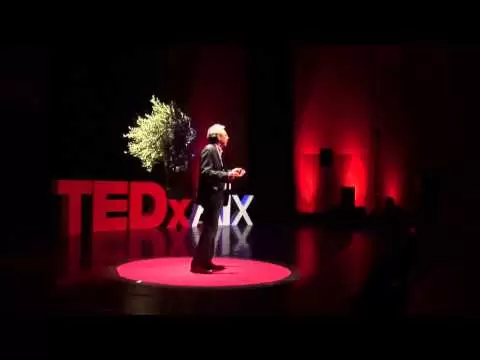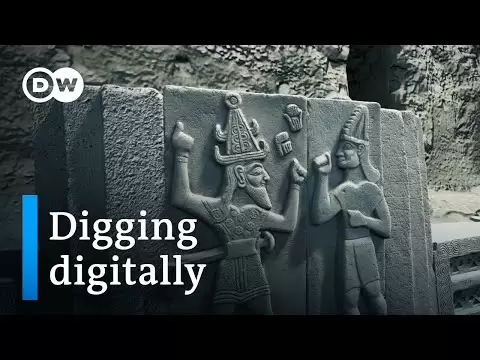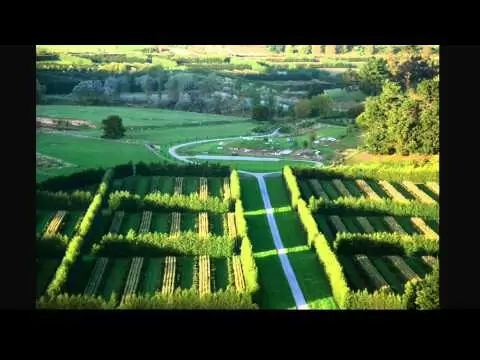YTread - Let's Read YouTube videos as Articles
Colin Cowherd REACTS to Atlanta Falcons selecting Michael Penix Jr. in...
Colin Cowherd REACTS to Atlanta Falcons selecting Michael Penix Jr in NFL Draft 3 Out so far my my big takeaway coming into this draft was JJ McCarthy...
Read MoreNew York court overturns Harvey Weinstein rape conviction
New York court overturns Harvey Weinstein rape conviction We are following breaking news for you this hour uh we want to take you to New York now where the...
Read MoreWeinstein's New York rape conviction overturned | ABC News
Weinsteins New York rape conviction overturned ABC News Harvey Weinsteins rape conviction in New York has been overturned and appeals court found he had...
Read MoreBell's palsy: One Loyola patient's story
Bells palsy One Loyola patients story I was speaking a little weird anything with Bs and Ps didnt really come out and they didnt like I couldnt pronounce...
Read More2-Minute Neuroscience: Bell's Palsy
2-Minute Neuroscience Bells Palsy شلل الوجه النصفي هو اضطراب ينتج عن خلل في العصب القحفي السابع العص...
Read MoreThe Los Angeles Lakers Did It Again...
The Los Angeles Lakers Did It Again dont know what were doing on both ends of the floor if the Lakers lose changes will be made I know that for a fact I to...
Read MoreLeBron James & Anthony Davis talks Game 3 loss, Full Postgame...
LeBron James Anthony Davis talks Game 3 loss Full Postgame Interview guys I had asked Austin what he thought was the kind of the difference in the three...
Read MoreFilm Study: Why Olu Fashanu will be a GREAT addition to the New York...
Film Study Why Olu Fashanu will be a GREAT addition to the New York Jets all right so the Jets go out and they trade back a spot and still get Alo fashanu...
Read MoreHarvey Weinstein's Rape Conviction in New York Overturned
Harvey Weinsteins Rape Conviction in New York Overturned its a bombshell disgrace movie Mogul Harvey Weinsteins 2020 rape conviction is being overturned...
Read MoreWhat's next for Harvey Weinstein after New York conviction is...
Whats next for Harvey Weinstein after New York conviction is overturned New York appeals court has overturned Harvey Weinsteins 2020 rape conviction the...
Read MoreMAN CITY FANS REACTION TO BRIGHTON 0-4 MAN CITY | PREMIER LEAGUE
MAN CITY FANS REACTION TO BRIGHTON 0-4 MAN CITY PREMIER LEAGUE a go oh my God a Go De what a goal B deyne oh what a what a what TR to find Walker cut...
Read MoreChristina Aguilera, Lil' Kim, Mya, P!nk - Lady Marmalade
Christina Aguilera Lil Kim Mya Pnk - Lady Marmalade - LADIES AND GENTLEMEN WELCOME TO THE MOULIN ROUGE WHERES ALL MY SOUL SISTAS LEMME HEAR YALL FLOW...
Read MoreWould Rebel Wilson Ever Work With Sacha Baron Cohen Again? | WWHL
Would Rebel Wilson Ever Work With Sacha Baron Cohen Again WWHL my favorite Legend in all of Cinema is that a digital effects team had to remove all the...
Read MoreRebel Wilson Talks Losing Virginity at 35 and How a Case of Malaria...
Rebel Wilson Talks Losing Virginity at 35 and How a Case of Malaria Launched Her Acting Career -Pal are you excited It is officially out today the memoir ...
Read MoreWho Won Round 1 of the 2024 NFL Draft?
Who Won Round 1 of the 2024 NFL Draft won the night theres so many I I feel like theres really not a loser in this one but I think your former team the Los...
Read MorePicks 1-10: 5 Quarterbacks Drafted! | 2024 NFL Draft
Picks 1-10 5 Quarterbacks Drafted 2024 NFL Draft with the first pick in the 2024 NFL draft the Chicago Bears select Caleb Williams quarterback Southern...
Read MoreBlippi Learns Trucks at the Fire Station and More | Educational Videos...
Blippi Learns Trucks at the Fire Station and More Educational Videos for Toddlers hey its me honey and today were at the Bellevue Washington fire station...
Read MorePodcast #262 - Playing Incohearent
Podcast 262 Playing Incohearent welcome back to the Julian podcast these marvel cosplaying here ladies and gentlemen we have Kermit on the table today who...
Read MoreEllie Saves James! | Fireman Sam Official | Cartoons for Kids
Ellie Saves James Fireman Sam Official Cartoons for Kids yes james how many actual fires have you put out lots james i bet she hasnt put out as many...
Read MoreThe myth of globalisation | Peter Alfandary | TEDxAix
The myth of globalisation Peter Alfandary TEDxAix I sometimes describe myself as a culturally conflicted Englishman I am first generation born in the UK...
Read MoreArcheology - exploring the past with modern technology | DW History...
Archeology exploring the past with modern technology DW History Documentary the technical technological advancement is rapid so rapid its almost...
Read MoreFrom landscape architecture to conservation agriculture | Thomas Woltz...
From landscape architecture to conservation agriculture Thomas Woltz TEDxCharlottesville the conservation agriculture studio at Nelson Burt waltz...
Read More1000 COMMON ENGLISH QUESTIONS AND ANSWERS for beginners | English...
1000 COMMON ENGLISH QUESTIONS AND ANSWERS for beginners English Conversation me are you American no Im not Im Canadian do you speak English a little but...
Read MorePull Up Wit Ah Stick: The Music Video that Took Down a Neighborhood
Pull Up Wit Ah Stick The Music Video that Took Down a Neighborhood police are trying to find the shooter or shooters involved in the murder of a man in...
Read MoreFinding f(x): Why I teach for the Philippines | Delfin Villafuerte |...
Finding fx Why I teach for the Philippines Delfin Villafuerte TEDxXavierSchool Im gonna try something Ill say class and you will answer with yes but you...
Read MoreMagpakailanman: Revenge body against my body-shaming crush | Full...
Magpakailanman Revenge body against my bodyshaming crush Full Episode Adrian goes to beta the ease of course in the mutual understanding at io that...
Read MoreI Found a MILLIONAIRE Only Server in Minecraft!
I Found a MILLIONAIRE Only Server in Minecraft I have found a millionaire only server in Minecraft look at these millionaires on the server always coming...
Read MoreCathering mcbroom ass - Catherine Paiz | Before and After...
Cathering mcbroom ass Catherine Paiz Before and After Transformations Plastic Surgery Transfor A few of you requested that I do a Beforeand After vid on...
Read MoreDesert Survival, Tame Craft Build | Starsand Gameplay | First Look
Desert Survival Tame Craft Build Starsand Gameplay First Look how is it going this is game edge and thank you so much for joining me this is star sand...
Read MoreFantomWorks Officially ENDED After This Happened... IS FANTOMWORKS...
FantomWorks Officially ENDED After This Happened IS FANTOMWORKS STILL OPEN IN 2021 phantomworks officially ended after this happened i pull into the garage...
Read MoreIELTS LISTENING- ITALIA BREAKS - EBENZ DAY 51"},"lengthSeconds":"2246"...
IELTS LISTENING ITALIA BREAKS EBENZ DAY 51lengthSeconds2246ownerProfileUrlhttpwww section one you will hear a man telephone a travel company to book a...
Read MorePORQUE MARK SLADE ( BLUE ) DEJO LA SERIE EL GRAN CHAPARRAL ????
PORQUE MARK SLADE BLUE DEJO LA SERIE EL GRAN CHAPARRAL hola amigos que tal soy jota y bienvenidos a mi canal hoy veremos porque mrquez ley de abandono...
Read More






























